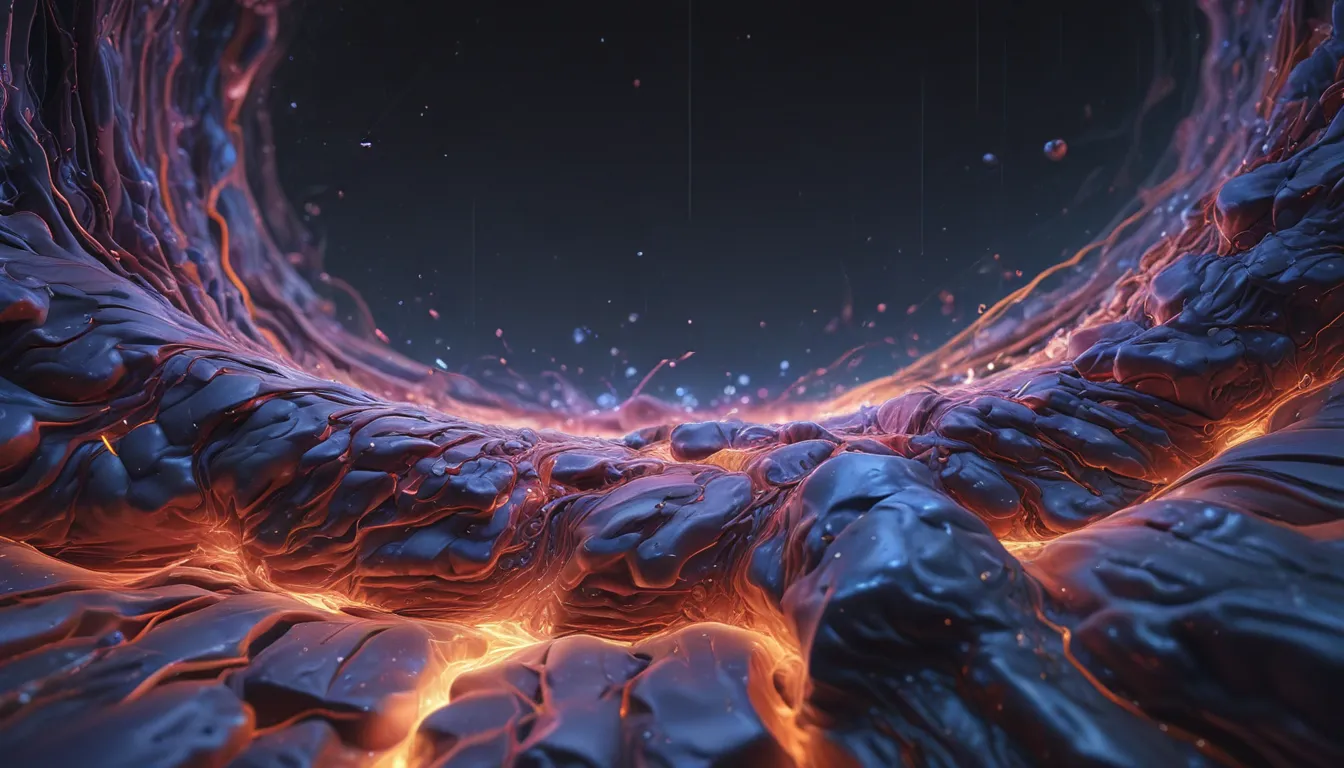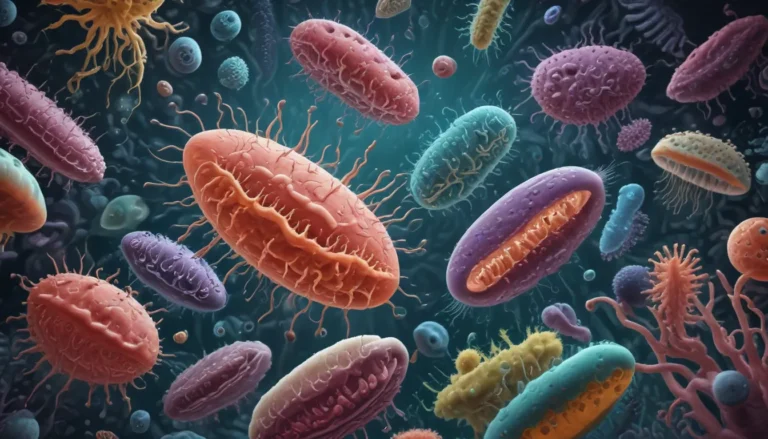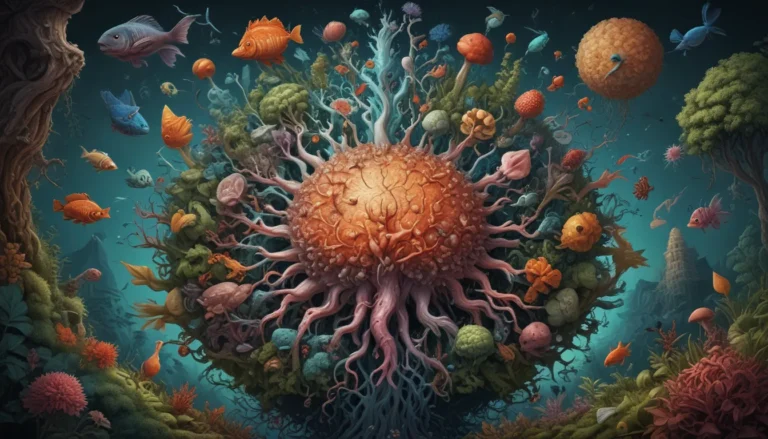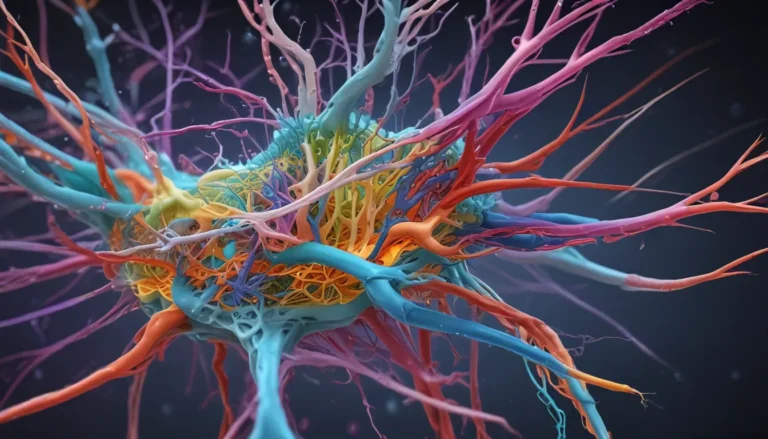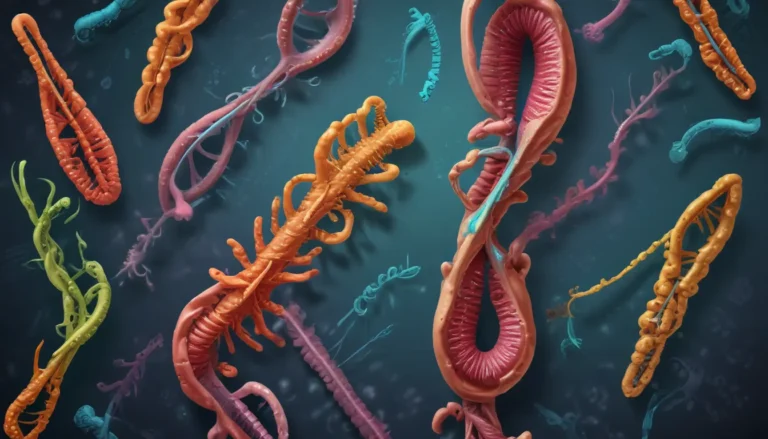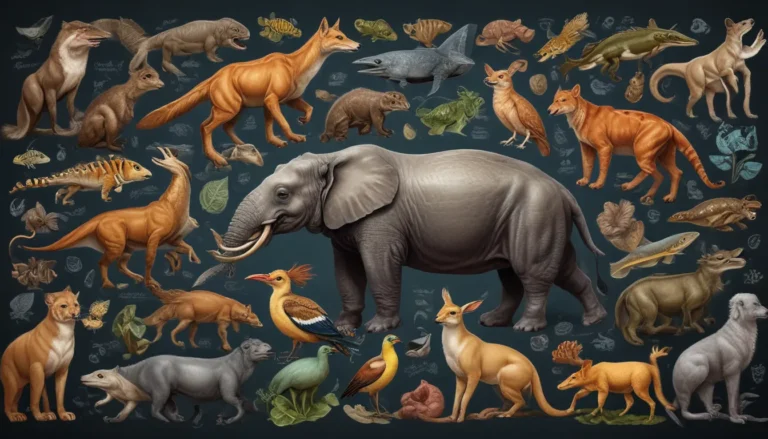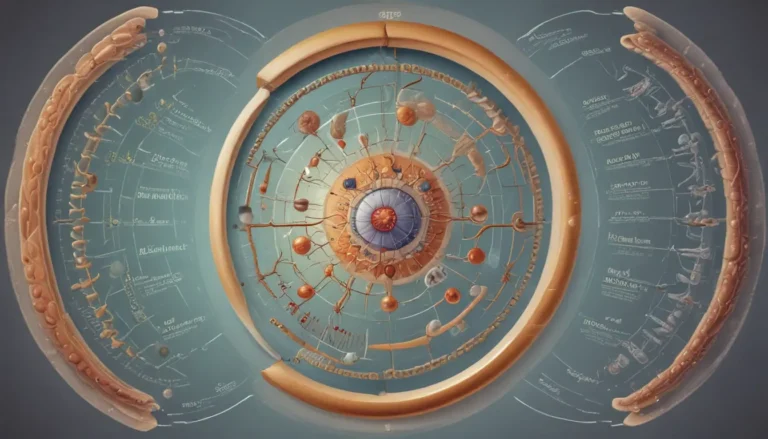A Note About Images: The images used in our articles are for illustration purposes only and may not exactly match the content. They are meant to engage readers, but the text should be relied upon for accurate information.
Are you curious about the tiny pores in our cells that control the flow of ions and shape our physiological processes? Look no further than ion channels! These remarkable protein molecules embedded in cell membranes are the unsung heroes of our biological systems, playing a pivotal role in nerve signals, muscle movement, and even our sense of taste and smell. In this enlightening journey, we will uncover 14 astonishing facts about ion channels that shed light on their significance and uniqueness in the realm of biology.
The Enigmatic World of Ion Channels
Ion channels are like gatekeepers in our bodies, regulating the flow of ions such as sodium, potassium, calcium, and chloride. These minute structures are essential for a myriad of physiological processes, from nerve impulse transmission to muscle contraction and maintaining pH balance. Understanding the intricate workings of ion channels not only unravels the mysteries of cellular function but also paves the way for innovative medical treatments and therapeutic interventions.
Understanding the Basics of Ion Channels
- Ion channels are protein molecules embedded in cell membranes.
- These channels facilitate the movement of ions across cell membranes, regulating various physiological processes.
- Different types of ion channels exist, including voltage-gated, ligand-gated, mechanically gated, and leak channels, each responding to distinct stimuli.
- Ion channels are instrumental in nerve impulse transmission, muscle contraction, and cardiac function.
The Versatility of Ion Channels in Biological Functions
- Ion channels are essential for nerve impulse transmission, enabling the generation and transmission of electrical signals.
- They play a crucial role in muscle contraction and relaxation, regulating the flow of calcium and potassium ions.
- Ion channels are paramount for the rhythmic beating of the heart, maintaining ion balance for proper cardiac function.
- Proton-gated ion channels help in pH regulation, crucial for various body fluids.
- Their involvement in diseases like cystic fibrosis, epilepsy, and cardiac arrhythmias highlights their clinical significance.
The Pharmacological Potential of Ion Channels
- Pharmaceutical drugs can target specific ion channels to modulate their activity for therapeutic purposes.
- Calcium channel blockers, for instance, are employed to manage hypertension and heart rhythm disorders.
Exploring the Senses Through Ion Channels
- Ion channels in taste buds and olfactory receptors play a pivotal role in taste perception and smell detection, enriching our sensory experiences.
Ion Channels Across Species and Environments
- Ion channels are not exclusive to animals; they are also present in plants, governing various processes critical for growth and adaptation.
- Temperature-sensitive ion channels, known as thermoreceptors, allow us to perceive heat, cold, and pain sensations.
Unlocking the Potential of Ion Channels in Research and Medicine
- Understanding the structure and function of ion channels is instrumental in drug discovery and developing targeted therapies for diverse diseases.
- These channels play a vital role in cell signaling and are tightly regulated by various factors to maintain cellular homeostasis.
- Ongoing research continues to explore ion channels’ role in diseases, drug development, and complex physiological processes.
Frequently Asked Questions About Ion Channels
- What are ion channels, and why are they significant?
- How do ion channels work, and what types exist?
- How are ion channels regulated, and can their dysfunction lead to diseases?
- Are there drugs targeting ion channels, and do they have applications beyond human biology?
- How are ion channels studied in the laboratory, and what are some current research areas?
Embark on a journey of discovery into the realm of ion channels, where each revelation unveils the intricate tapestry of cellular communication. Dive deeper into ligand-gated ion channels, unraveling their pivotal roles in neurotransmission and pharmacology. Let the allure of ion channels captivate your curiosity and illuminate the path to profound scientific revelations and medical advancements.
